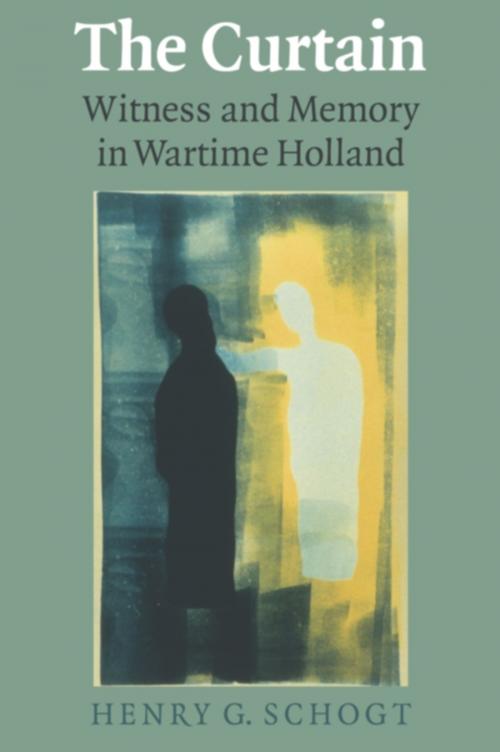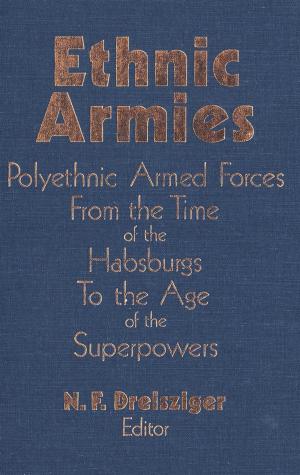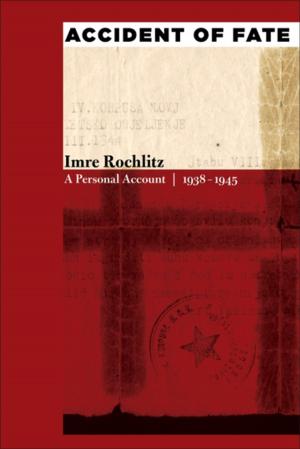The Curtain
Witness and Memory in Wartime Holland
Nonfiction, History, Jewish, Holocaust, Middle East, Military, World War II| Author: | Henry G. Schogt | ISBN: | 9781554587810 |
| Publisher: | Wilfrid Laurier University Press | Publication: | April 7, 2011 |
| Imprint: | Wilfrid Laurier University Press | Language: | English |
| Author: | Henry G. Schogt |
| ISBN: | 9781554587810 |
| Publisher: | Wilfrid Laurier University Press |
| Publication: | April 7, 2011 |
| Imprint: | Wilfrid Laurier University Press |
| Language: | English |
Henry Schogt met his wife, Corrie, in 1954 in Amsterdam. Each knew the other had grown up in the Netherlands during World War II, but for years they barely spoke of their experiences. This was true for many people — the memories were just too painful. Years later, Henry and Corrie began to piece their memories together, to untangle reality from dreams. Their intent was to help others understand what had happened then, and how it influenced and affected not only their lives but those of all who survived.
The seven stories in The Curtain reveal how two families — one Jewish, one non-Jewish — fared in the Netherlands during the German occupation in World War II. Each vignette highlights a specific aspect of life; all show how life changed for everyone, and forever.
Four stories are based on the author’s memories of his own non-Jewish family: Henry’s friendship with a Jewish teenager; the conflict of personal antipathy with the realization that help must be provided; the Schogt parents’ determination to do the right thing; the difficulties of coping with an aunt with Nazi sympathies. These are stories about the randomness of survival and the elusive nature of memory.
For the Jewish family, three stories drawn from the memories of the author’s wife and family demonstrate the bewildering situation of trying to make impossible life-determining decisions when faced with confusing and deceitful decrees. The family must struggle with the luck — or absence thereof — of finding refuge when forced from their homes, and with the perplexing inconsistencies of the collaboration of Dutch authorities and police with the Nazis.
The Curtain emphasizes the difference between the options that were open to non-Jews and Jews in the Netherlands. Non-Jews could freely choose whether to actively resist the Germans, collaborate with the Nazis, or just to do nothing, and try to live a normal life in spite of wartime restrictions.
Dutch Jews, on the other hand, did not have a choice — whatever they did, whatever decisions they made, they were doomed, and it often seemed, when someone survived, just simple luck. A short introduction about the war years and an appendix with a chronology of decrees, events, and statistics, provide background information for this haunting memoir of those disturbing years during the German Occupation in the Netherlands.
Henry Schogt met his wife, Corrie, in 1954 in Amsterdam. Each knew the other had grown up in the Netherlands during World War II, but for years they barely spoke of their experiences. This was true for many people — the memories were just too painful. Years later, Henry and Corrie began to piece their memories together, to untangle reality from dreams. Their intent was to help others understand what had happened then, and how it influenced and affected not only their lives but those of all who survived.
The seven stories in The Curtain reveal how two families — one Jewish, one non-Jewish — fared in the Netherlands during the German occupation in World War II. Each vignette highlights a specific aspect of life; all show how life changed for everyone, and forever.
Four stories are based on the author’s memories of his own non-Jewish family: Henry’s friendship with a Jewish teenager; the conflict of personal antipathy with the realization that help must be provided; the Schogt parents’ determination to do the right thing; the difficulties of coping with an aunt with Nazi sympathies. These are stories about the randomness of survival and the elusive nature of memory.
For the Jewish family, three stories drawn from the memories of the author’s wife and family demonstrate the bewildering situation of trying to make impossible life-determining decisions when faced with confusing and deceitful decrees. The family must struggle with the luck — or absence thereof — of finding refuge when forced from their homes, and with the perplexing inconsistencies of the collaboration of Dutch authorities and police with the Nazis.
The Curtain emphasizes the difference between the options that were open to non-Jews and Jews in the Netherlands. Non-Jews could freely choose whether to actively resist the Germans, collaborate with the Nazis, or just to do nothing, and try to live a normal life in spite of wartime restrictions.
Dutch Jews, on the other hand, did not have a choice — whatever they did, whatever decisions they made, they were doomed, and it often seemed, when someone survived, just simple luck. A short introduction about the war years and an appendix with a chronology of decrees, events, and statistics, provide background information for this haunting memoir of those disturbing years during the German Occupation in the Netherlands.















